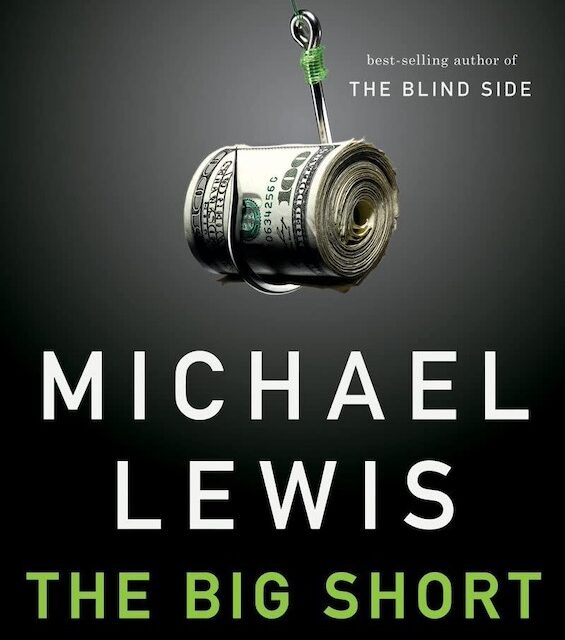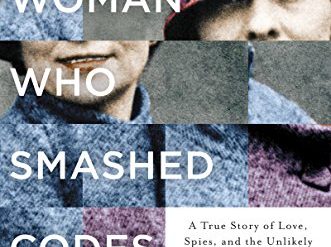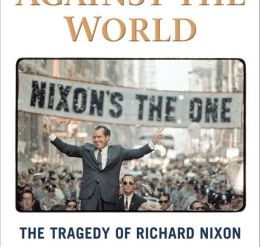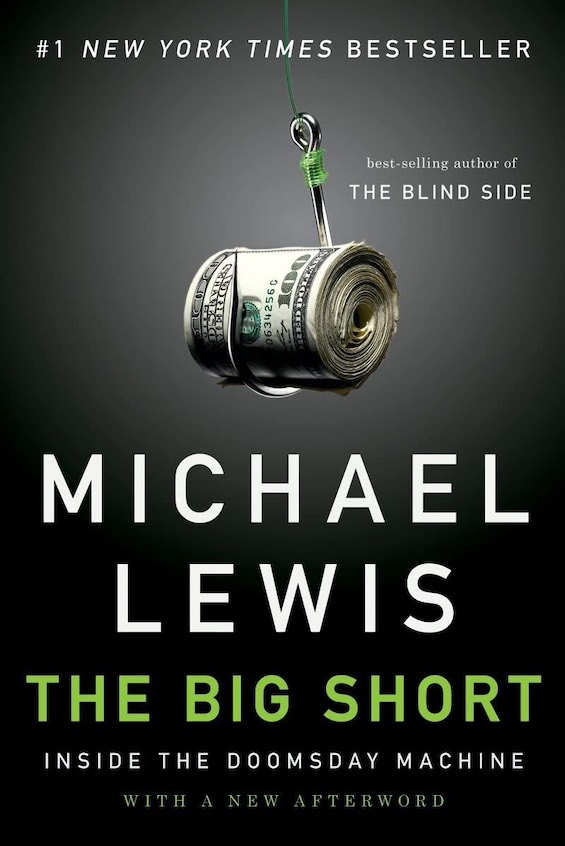
Michael Lewis has been getting a beating lately by just about everyone who mentions his name in the news. His latest book, Going Infinite, presents a balanced picture of the failed cryptocurrency trader Sam Bankman-Fried. Some imply the book is essentially a whitewash. But just about everyone else except his parents assumes the young man is guilty of all the terrible crimes he’s been charged with. Maybe he is. He’s on trial, and we’ll find out soon. But Michael has also written a passel of other books. And it seems appropriate to give him a break. Let’s take a look instead now at one of those earlier books that gained wide praise on its publication. I’m referring to The Big Short, one of his artful sendups of Wall Street. In it, Michael draws our attention to the savvy contrarian investors who piled up fortunes in the Great Recession.
Estimated reading time: 5 minutes
The contrarian investors who saw the recession coming
If you’ve heard of Michael Burry, Steve Eisman, Charlie Ledley, Jamie Mai, or Ben Hockett, there may be something wrong with you. Knowing one or more of these characters might suggest you’ve spent far too much time on the fringes of Wall Street. Otherwise it’s unlikely you would have encountered any of them. Unless, that is, you were tightly wrapped up in the subprime mortgage mess that practically overturned the global economy in 2008. Remember? When the single-minded greed of Wall Street bankers set off the Great Recession? But not these five men. Contrarian investors one and all, they profited in a big way as nearly all the rest of us saw our net worth shrink.
The Big Short by Michael Lewis (2010) 287 pages ★★★★★
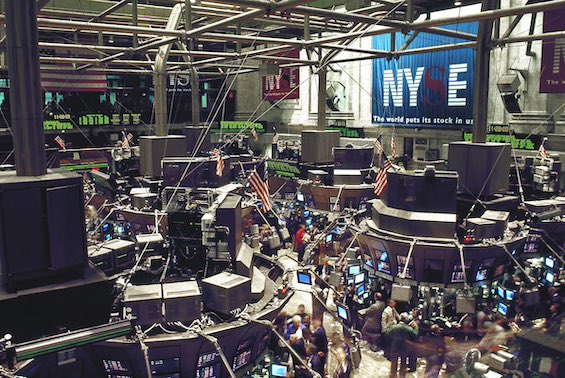
They’re marginal players, not the people you usually read about
It’s these marginal players who populate the pages of Michael Lewis’ masterful study of the decline and fall of Wall Street, not their much better-known counterparts who played such leading roles in upending the world economy. This delightfully entertaining book how that handful of contrarian investors anticipated the collapse of the subprime mortgage market and its dire consequences—and walked away with tens of millions of dollars each while the rest of us counted our losses.
Subscribe now. No ads, and it’s entirely free. >>>
What a fascinating bunch of people they are! There’s Michael Burry, a physician turned stock-picker with Asperger’s Syndrome. He found it exceedingly difficulty to interact with other people and supremely easy to focus on obscure details no one of sound mind would ever consider. And Steve Eisman, a Wall Street wizard with a genius for financial analysis and a seemingly boundless talent for pissing people off. And Jamie Mai and Charlie Ledley, who started off in a Berkeley basement with $110,000 and a vague notion that they could (perhaps, maybe) build their little nest-egg into something a little larger.
Every one of these unlikely seers was absolutely right in calling the decline of the subprime market, years ahead of others who gained the attention of the news media. And, in Lewis’ telling, every one of them greeted with astonishment the disbelief and ostracism they faced for their views.
A sequel of sorts
The Big Short is a sequel of sorts to Michael Lewis’s breakthrough 1989 bestseller, Liar’s Poker, the first of his twenty-one books, which was based on his eye-opening experiences at Salomon Brothers in the go-go years of Gordon Gekko. In an epilogue to The Big Short, Lewis recounts an awkward recent lunch with John Gutfreund, the disgraced former CEO of Salomon Brothers and his first boss in the industry. Then, Lewis finds the roots of the financial meltdown of 2008 in decisions Gutfreund made at Salomon in the 1980s.
The Big Short is a joy to read because of the author’s easy way with words. It’s also one of the most insightful of the many recent books that have examined the inner workings of Wall Street. Unlike many of those other books, this one pulls no punches about who is to blame for the mess in 2008. And, even better, it explains why they did what they did.
About the author

Michael Lewis (born 1960) is the author of eighteen nonfiction books and editor of three others. Many of his books have been New York Times bestsellers. Although he has been a full-time writer for many years, he worked in finance for Salomon Brothers for several years in both New York and London. He knows whereof he writes.
According to his author website, Lewis “grew up in New Orleans and remains deeply interested and involved in the city. He holds a bachelor’s degree in art history from Princeton and a master’s degree in economics from the London School of Economics. He lives in Berkeley, California, with his [third] wife, Tabitha Soren, and their children.”
For related reading
This is one of 7 insightful books that explain what caused the Great Recession and of the many Good books by Berkeley authors. You’ll also find it on Good books about finance and economics.
Like to read books about business? Check out My 10 favorite books about business history.
And you can always find my most popular reviews, and the most recent ones, on the Home Page.

